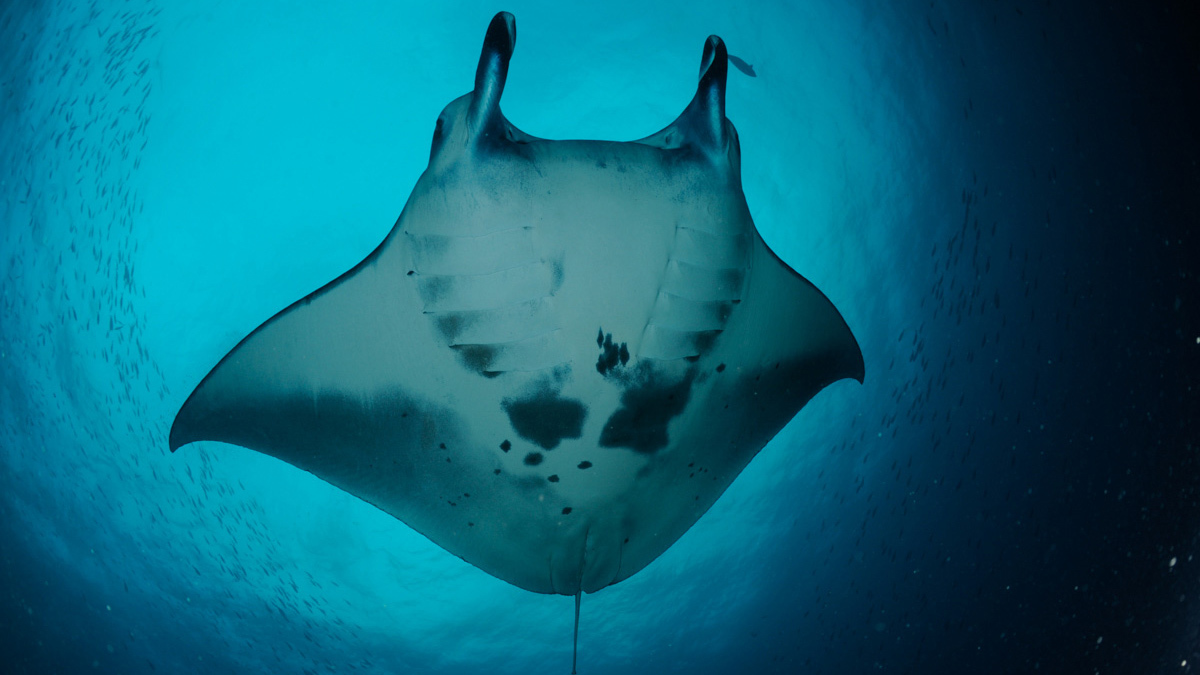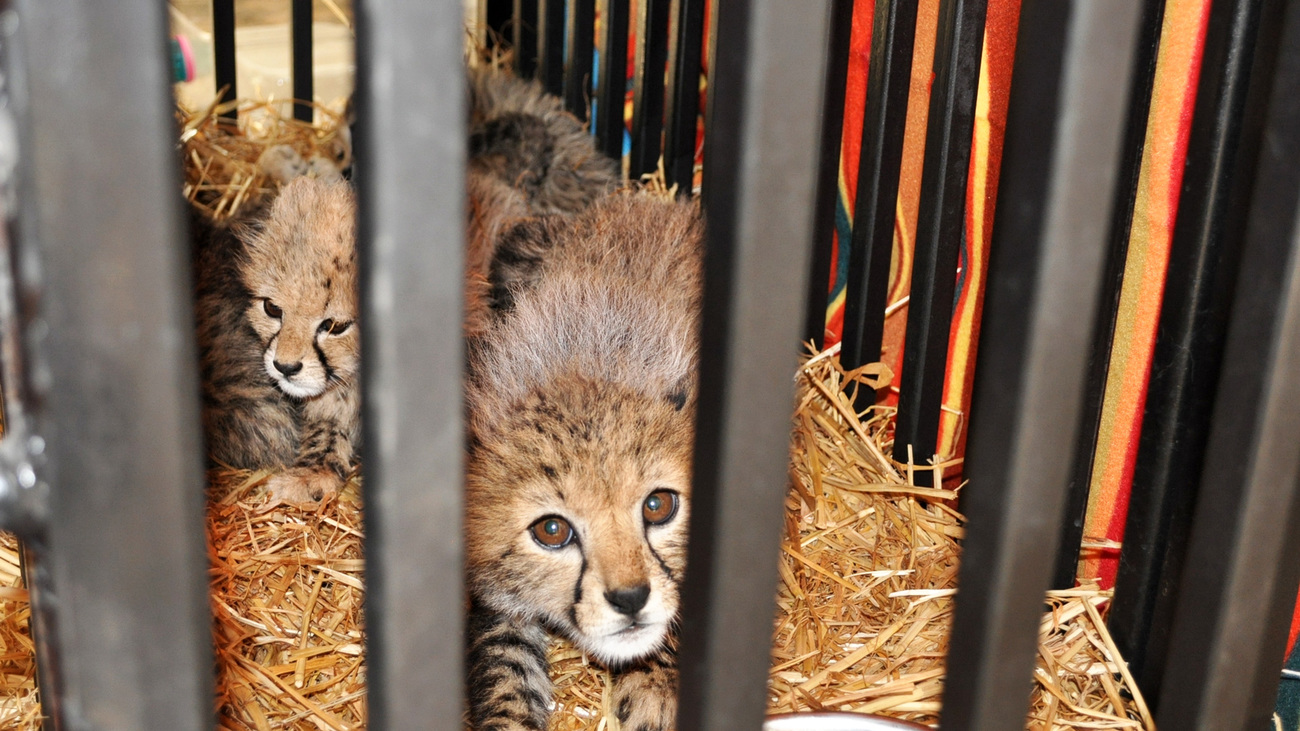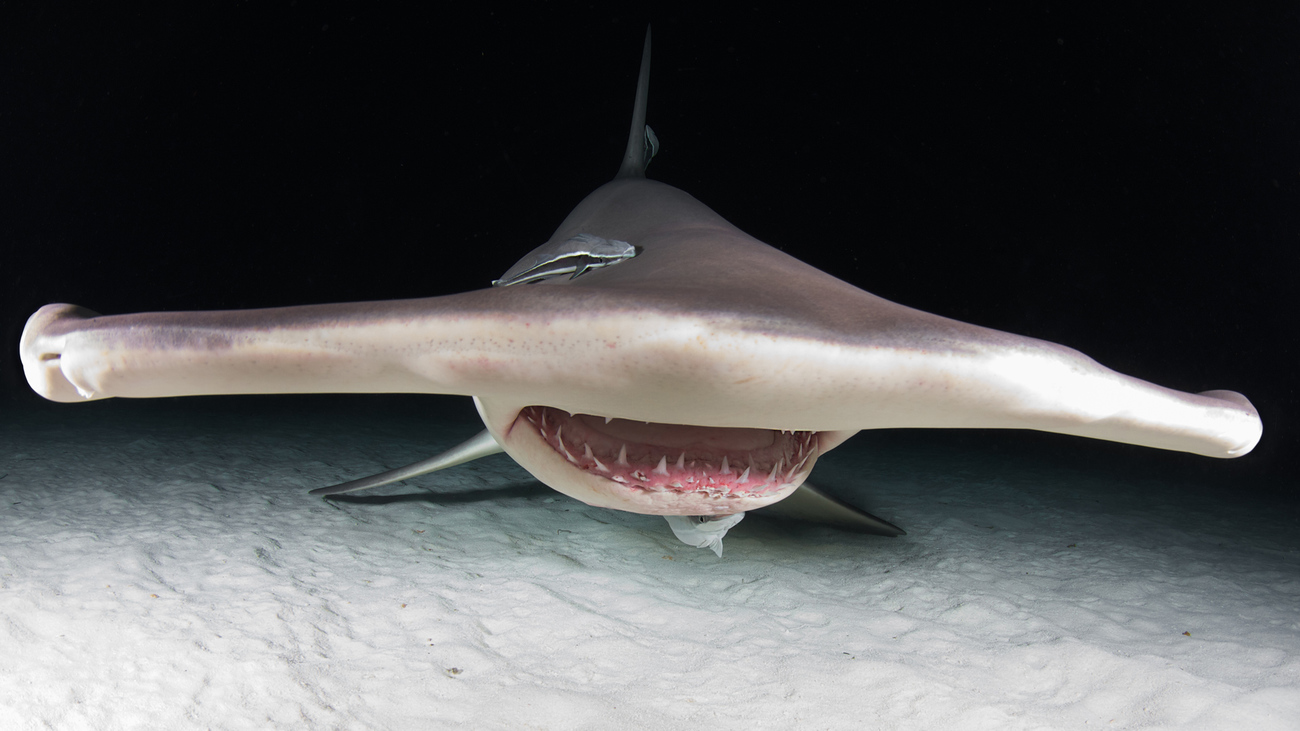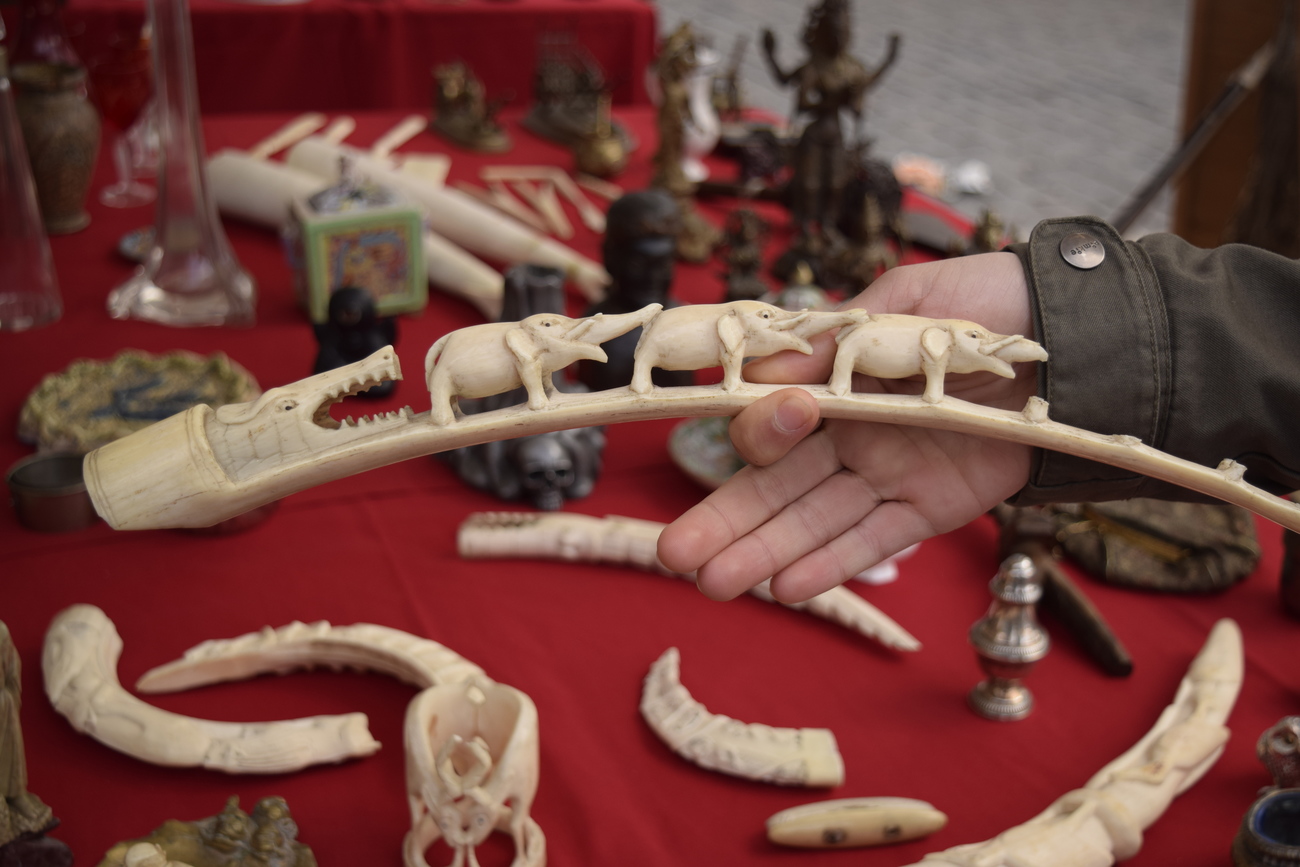international policy
international policy
IFAW actively engages in advocacy work both nationally and internationally because when we talk about secure habitats for the places animals call home, we mean more than just security on the ground or in the water. Unless animals and their habitats are protected in law and policies, we cannot be sure these places will stay secure over time.
IFAW has long participated in the workings of multilateral environmental agreements (MEAs), such as the Convention on International Trade in Endangered Species (CITES), Convention on Migratory Species (CMS), Convention on Biological Diversity (CBD), International Whaling Commission (IWC), International Union for the Conservation of Nature (IUCN) and other intergovernmental agreements and institutions with environmental and animal welfare aspects. We send representatives to meetings of these MEAs to ensure their decisions are in the best interests of the world’s wildlife and habitats.
The global pandemic affected many of these meetings in FY20 and continued to lead to postponements of in-person meetings in FY21, although some have taken place remotely. IFAW’s vital international policy work has adapted to these challenges as we continue to advocate for positive change for some of our most vulnerable species and threatened habitats.
continuing international policy work during COVID-19
Although many decision-making meetings of international policy forums were postponed during FY21 due to the ongoing global pandemic, important implementation of previous international policy decisions was put into practice for wildlife and habitats.
IFAW experts provided implementation assistance and technical advice to 22 governments during this period across most of IFAW’s programme of work. Issues ranged from connectivity to migratory species and from wildlife cybercrime to other aspects of illegal wildlife trade. IFAW and partners have continued to assist with the implementation of CITES listings for sharks and rays. For example, we’ve provided technical expertise on developing sustainable trade limits of listed species in the Middle East and North Africa as well as Latin America. We’ve also supported governments such as Costa Rica and Colombia as they develop stricter regulations and catch prohibitions for the most threatened shark species in their waters, with the aim to host implementation and enforcement workshops for these new measures in 2022.
IFAW’s continued work on Operation Jaguar has supported jaguar range states in their efforts to implement and enforce the CMS Appendix I listing that took place in February 2020 and decisions on jaguar trade from the last CITES Conference.
The IUCN World Conservation Congress was postponed due to the pandemic, but many motions were discussed and voted on virtually in October 2020. Successes included the adoption of the IFAW-drafted Resolution on Wildlife Cybercrime, but IFAW also championed other key subjects during the online vote. Of note, IFAW co-sponsored and supported adopted resolutions to address priority conservation issues such as ensuring the inclusion of ocean mitigation and adaptation issues in broader climate change discussions, recognising the importance of ecological corridors for sustaining biodiversity, and calling for greater protections for threatened marine species from accidental capture in fishing gear.
In addition, many intersessional meetings of the main forums took place virtually, including meetings of CITES, CMS, CBD and IWC, with IFAW policy experts taking part remotely to lend their expertise and ensure progress in key areas.
Some outcomes of note included our work to encourage governments to commit to an ambitious Post-2020 Global Biodiversity framework that includes meaningful goals and metrics to halt biodiversity loss, improve ecosystem health and connectivity, and develop adequate funding mechanisms to implement the Framework once developed. We made recommendations that CITES Parties analyze the potential for the occurrence of illegal trade of oceanic whitetip sharks outside of compliance with its Appendix II listing. We also joined the new CITES Working Group on the role of CITES in reducing zoonotic disease risk.
Although virtual sessions of international policy meetings have raised their own set of difficulties, progress has been made, even when meeting in person was not possible. We look forward to continuing our partnerships with governments, NGOs and intergovernmental organisations at in-person meetings, whenever they can take place again.
addressing wildlife cybercrime at a global policy level
The IUCN World Conservation Congress (WCC), scheduled for June 2020, was postponed due to the COVID-19 pandemic, but the Congress held online discussions and voted on most motions in late 2020.
Unlike other international policy fora, NGOs can vote and submit motions for discussion and adoption at IUCN WCCs. IFAW led the effort, which secured the successful adoption of a motion on wildlife cybercrime, focused on combating the sale of illegal wildlife products online. It aims to strengthen the earlier commitments of CITES Parties and others, highlighting the issue and calling for action to prevent animals and their parts from being traded on a vast scale online.
The IFAW-drafted motion Implementing international efforts to combat the sale of illegal wildlife products online, ultimately passed to become a resolution in November 2020, via online electronic voting with support from more than 130 governments and nearly all NGOs that voted.
Now adopted, the IUCN Commissions are called to convene a cross-sector workshop, review national legislation, make recommendations for best practices and assist in raising awareness for cybercrime prevention. In addition, the resolution calls on governments to join the Global Wildlife Cybercrime Action Plan, engage with the private sector, take measures to raise public awareness and strengthen their laws and enforcement efforts.
The IUCN’s global convening power and influence is well-placed to further enhance efforts to combat wildlife cybercrime by encouraging the necessary collaboration between sectors, reinforce initiatives and further the important work that has taken place to date on this issue by IFAW and others.
better protecting marine biodiversity
IFAW, supported by the Pew Charitable Trusts, held a Virtual Regional Workshop with marine protection experts and regional decision-makers for 87 participants from the Middle East and North African governments in January 2021 to highlight the need to include comprehensive management of marine biodiversity under the Convention on Biological Diversity (CBD).
The purpose of the workshop was to provide opportunities for collaboration in the Middle East and North Africa to support calls for a robust 2030 target to increase the protection of the ocean and marine biodiversity. Ensuring commitment under the CBD for strong ocean and marine biodiversity management is essential to conserve ocean life from the effects of human activities as well as to mitigate the effects of global climate change.
During the pandemic, we have become well versed in hosting virtual workshops to continue to gather governments together and progress critical negotiations. We received very positive feedback from participants, who in addition to supporting the subject matter, praised the technical features and organisation of the workshops.
Of note, governments voiced the need for a financial plan on how any established protected areas will be financed, and additional guidelines around establishing an effective protected area and improving cooperation between regional governments.
The workshop concluded with statements on the increasing importance of establishing effective marine protected areas—with several participants noting the rapidly increasing threats to biological diversity, such as climate change, and plastic and oil pollution—and establishing plans for IFAW to host future gatherings to further expand on discussions held at this workshop.
supporting policy and advocacy in Oceania
We continue to advocate for critical policy reforms at all levels of government to ensure that wildlife have the protections they need to survive and thrive into the future.
Urging the government to take action
At a local level, we have advocated for protecting a key koala population in Sydney, which is facing increasing threats from development and urbanisation. This koala colony is the only expanding one in NSW and its protection is crucial to the survival and conservation of the iconic species.
As habitat loss is the key threat to koalas, we continue to urge all levels of government to halt harmful activities affecting koalas and their habitat, including excessive land clearing and development, which are forcing koalas to live in urban areas where they face deadly encounters with cars and domestic dogs.
Elevating protections for koalas
At a state level, we continue to advocate for the provisional up-listing of NSW koalas from Vulnerable to Endangered on an emergency basis. Our joint submission for the nomination was made to the NSW Threatened Species Scientific Committee in March 2020. Since then, we have garnered more than 250,000 signatures in support of this nomination from across the world.
Nationally, we continue to provide information to the federal government amid its review of koalas in NSW, Queensland and the Australian Capital Territory. We have advocated for the up-listing of east coast koalas from Vulnerable to Endangered because doing so would lead to stronger regulatory action needed to protect koala habitat.
Strengthening environmental protection laws
In Victoria, we made a submission to the review of the Victorian Wildlife Act 1975 to overhaul and strengthen laws protecting wildlife welfare.
We continued to advocate for an overhaul of Australia’s Environment Protection and Biodiversity Conservation Act 1999 (EPBC Act) amid a once-in-a-decade review of the legislation. We urged the government to reconsider its proposed bill and instead implement the recommendations made by Professor Graeme Samuel in his independent review of the legislation. These recommendations, implemented in full, will help to reverse the decline of native species and ensure animals and their habitats thrive into the future.
Putting an end to the domestic ivory trade
Our advocacy on other issues is ongoing, including for the implementation of a ban on the domestic trade of elephant ivory and rhino horn, as recommended by the Australian Parliamentary Joint Committee on Law Enforcement. Together with an alliance of NGOs, we continue to advocate for this legislative change as part of a wider review and strengthening of Australia’s environmental protection laws.
Stay in the know. Be ready to act.
You’ll receive news, updates on activities and on future giving opportunities. You can unsubscribe at any time.


